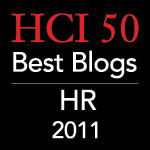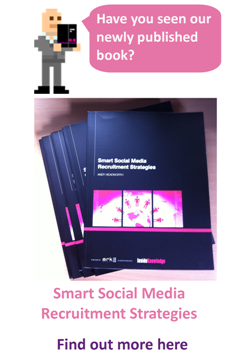As this subject is such a hot topic at the moment I thought I would share this article that I recently wrote for another blog. As a starting point on this subject, we had first better define what an employment brand actually is - the CIPD define it as a set of attributes and qualities (often intangible) that makes an organisation distinctive, promises a particular kind of employment experience, and appeals to those people who will thrive and perform to their best in its culture.
However like all brands, employer brands are essentially marketing concepts and constructs.
The tools and methodologies of employer brand development are substantially the same as those for consumer or corporate brand development. Below are listed the 10 things you need to know about employment brands:
- Employer brands are at least as much about retention and engagement as they are about recruitment
- They’re not just for the big, glamorous PLCs with their own high-profile consumer brands. They’re for every local authority, charity, SME, government department, academic organisation that needs to recruit, retain and engage good people.
- Employer brands can support corporate brands, and vice versa.
- To prove a brand’s effectiveness and demonstrate its ROI, you need to accurately measure your current performance in recruitment and retention.
- You already have an employer brand, because your organisation has a reputation as an employer.
- It may not be the brand you want or deserve, but it’s there just the same.
- You can’t develop a brand on your own – you need to involve marketing, PR, your internal communications team.
- Your recruitment website is one of the most potent expressions of your brand, enabling potential applicants (and your own people) to see your values in action and experience the reality of working for your organisation.
- One of the keys to a successful brand is to ensure that expectation is fully aligned with the reality of working for your organisation.
- Your employer brand can give new focus and consistency to your ongoing employee communications.
If employer brands are a big HR issue today, they’ll be even bigger tomorrow.



















